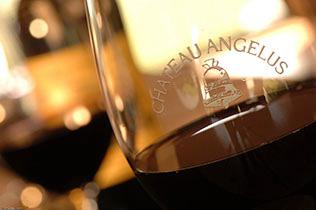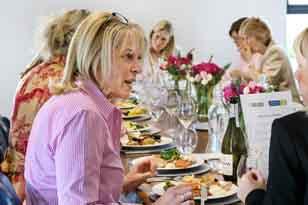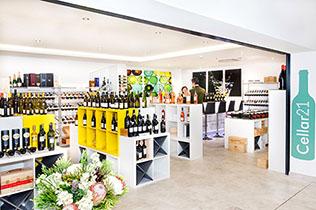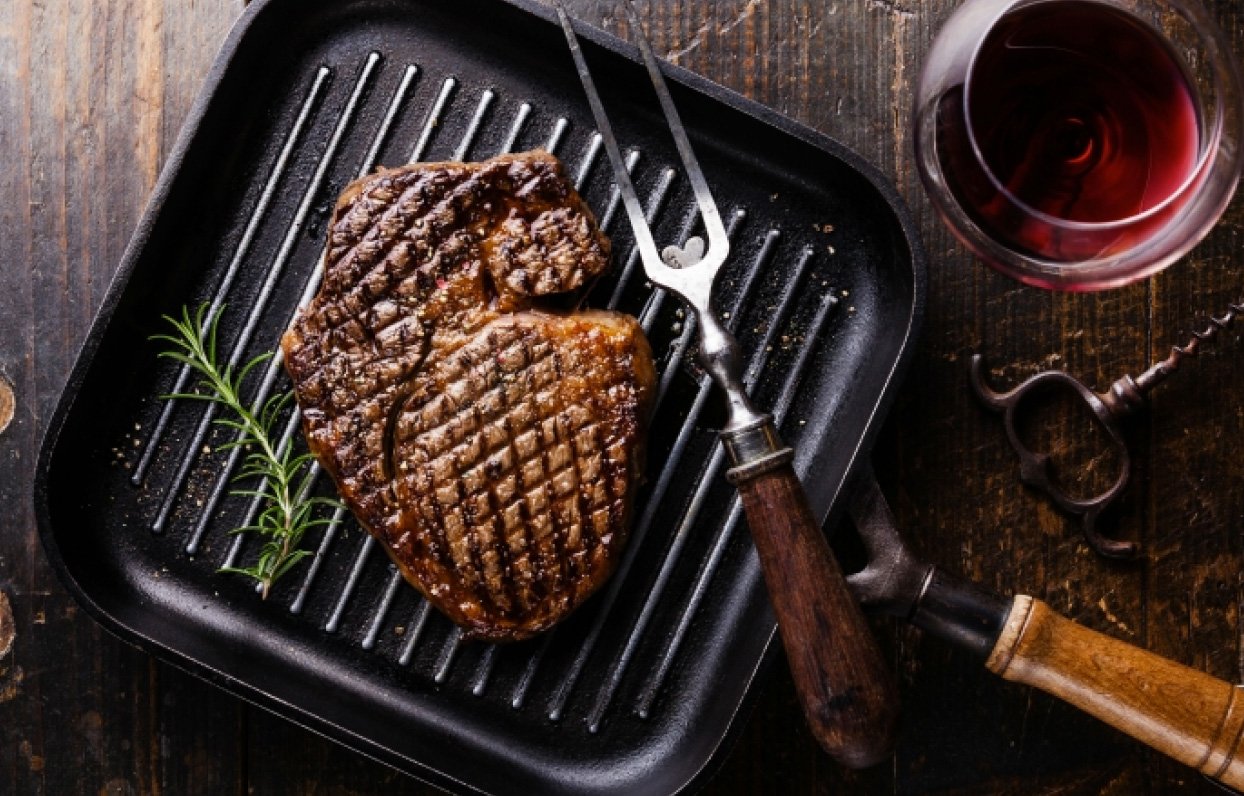

Jose Luis Moreira da Silva
Chief Production Officer at Esporão
"I love food as I love wine. Trying to avoid the classic pairings, I’m a big fan of roasted chicken with an old white wine..."
An Introduction to Esporão...
Founded in 1973 by José Roquette and Joaquim Bandeira, Esporão’s mission is to make the finest wines from what nature provides, in a responsible, and inspiring way. Today, they are one of the leading producers in Alentejo (as well as other regions throughout Portugal) with an emphasis on environmentally sustainable winemaking, where all their vineyards have been certified organic from 2019. Their commitment to sustainability saw them recognised in 2020 and 2021 on the Drinks International World’s Most Admired Wine Brands list.
Q&A
How did you get started in the wine trade?
I was finishing my studies in Microbiology in 2002, when I had the opportunity to do a harvest as a trainee. It was then that I realised I wanted to become a winemaker.
Esporão is new to our portfolio this year, please provide a description of the winery and vineyards.
There are three wineries throughout Portugal that form Esporão; Herdade do Esporão in Alentejo, Quinta dos Murças in Douro, as well as Quinta do Ameal in Vinho Verde. All estates guarantee the best possible quality grapes whilst following our philosophy of minimal intervention. Our own vineyards cover over 637 hectares; however, the company also works closely with long-term contract growers in supplying the rest of our needs. We are proud to say that Esporão owns 623 hectares of organic vineyards, which the biggest ownership in Portugal, representing about 18% of total organic production in the country.
What is the winemaking philosophy at Esporão?
Over the years we have learned that organic farming contributes to the quest of protecting the soil, increasing the resilience and quality of the vines, as well as allowing them to obtain healthier and more balanced grapes that require less intervention in the winery. This in turn produces wines with greater identity, a true sense of place and are created without products that are harmful to our health, and the environment.
How does Herdade do Esporão incorporate sustainability, and which practices or technology do you use to cultivate grapes or source materials?
At Esporão we do not use synthetic chemicals, pesticides, or herbicides and these are replaced by alternative ecological practices. We also emphasise the careful management of water resources through precision irrigation practices that allow for more efficient usage, as well as mulching to increase soil fertility and the introduction and promotion of predatory species for pest control such as bats and chickens.
If you had one paragraph to convince people to try your wines, what would you say?
Our wines are inspired by nature and are produced in the most responsible way. They are the expression of their origin, with no make-up!
What do you think has led to the rise in popularity in Portuguese wines in the UK?
Recognition takes time. Portuguese wines always had unique natural conditions to be amongst the best with great diversity of excellent terroirs, old vineyards, distinctive topography, and soils, as well as enormous variety of native grapes. Since the 1990s, the Portuguese wine scene has built skills and resources and now has a relevant number of good companies capable of competing with the best. The future will tell, but I expect this move to accelerate and Portugal´s notoriety as a high-quality niche wine producer to consolidate.
What is your favourite grape to work with? And to drink?
I’m very excited by the Loureiro grape. It’s a Portuguese variety from the Lima Valley; it’s easy to work, flexible and with an incredible ageing capacity.
What are the advantages and disadvantages of organic farming?
The advantages of organic farming are increased soil protection, resilience, and quality of the vineyards, as well as healthier and more balanced grapes that require less intervention.
I would say the disadvantages are the increasing costs from the need of more manpower, and a reduction in production during the first conversion period (which is then recovered later).
What challenge do you currently face in the industry?
Portuguese recognition. Portugal always had unique natural conditions to be amongst the best: great diversity of excellent terroirs, with old vineyards, unique topography and soils, enormous variety of native grapes. Accelerating Portugal’s notoriety as a high-quality wine producer will leverage all the brands.
What is your favourite food and wine pairing?
It’s very difficult to choose. I love food as I love wine. Trying to avoid the classic pairings, I’m a big fan of roasted chicken with an old white wine, or oxtail cooked for long time in a red wine sauce, with a 10-year-old Douro red!




